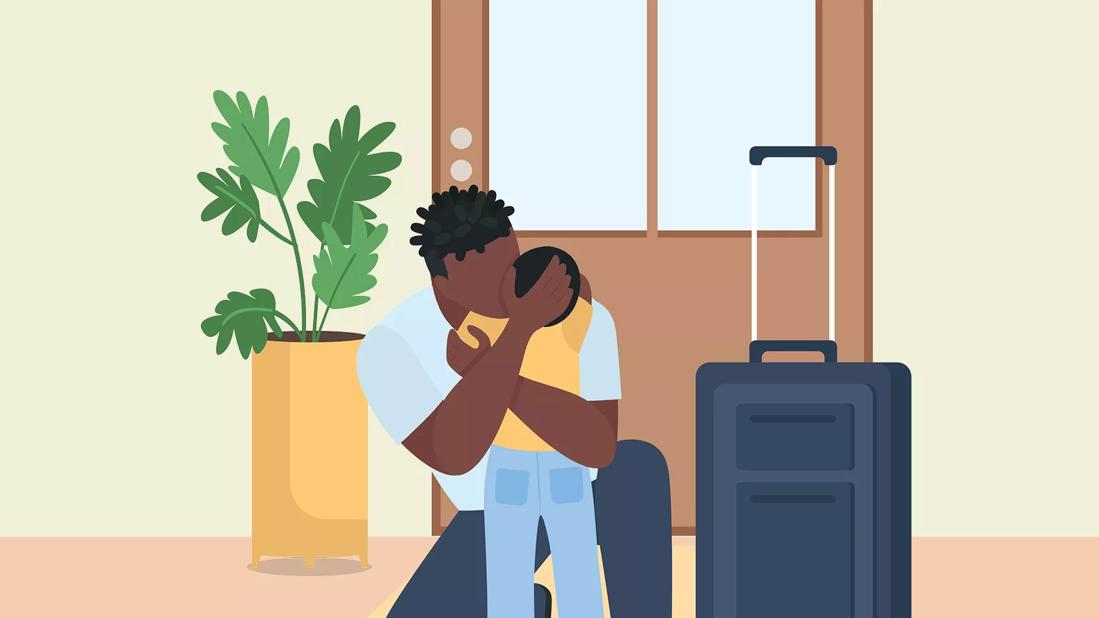Advertisement
Tips from a pediatrician to help your child adjust

Divorce can end some unhappy, unhealthy unions, and in the end, can become the best solution for a struggling family. But if you’re a parent going through it, you’re probably thinking about more than just yourself. If you stay up at night wondering how your children are affected — you’re not alone. There are ways to make this familial transition a bit easier for everyone.
Advertisement
Cleveland Clinic is a non-profit academic medical center. Advertising on our site helps support our mission. We do not endorse non-Cleveland Clinic products or services. Policy
Pediatrician Heather Sever, DO, says that divorce and separation can impact children at any age. “When parents are going through difficult times, children perceive that, regardless of their age. So while kids may express their stresses in different ways at different ages, it’s important for parents to be as open and honest as possible, even with difficult situations,” she says.
To be able to guide your child through this major life event, you must first understand your child’s feelings and then, equip yourself with the right tools for coping. Dr. Sever shares tips, below.
For children, divorce may be a very traumatic and overwhelming experience. Some children blame themselves for the breakup of a marriage and experience feelings of guilt.
Others may act out, or academic performance may decline. When a child experiences conflict, it creates anxiety and cognitive dissonance in them, often causing them to align with one parent over another to ease their discomfort or turn to outside, unhealthy outlets to express their feelings.
Depending on the child’s age, they may experience confusion (common in younger children), anger (common in teenagers), worry and guilt. Each situation is unique.
“The good news for parents is that it is possible to reduce these psychological effects,” says Dr. Sever.
Here are ten things you can do to help your child navigate this difficult time.
Advertisement
If you are interested in considering professional help, talk with your child’s pediatrician about getting a referral to see a counselor. This will help ensure their social, emotional and spiritual well-being.
Advertisement
Learn more about our editorial process.
Advertisement

Local LGBT centers, online directories, visual cues and gender-affirming care or non-discrimination policies can all be helpful resources and cues

The cycle of abuse is a simple theory for understanding relationship violence — but the model might not fit everyone’s situation

Wait until they’re at least 6 months old before your little one takes their first dunk

Sleeping with separate blankets can help you get the ZZZs you need — without fighting for covers all night

Look to activities you enjoy — or try a new hobby — to help foster meeting new people

This romantic orientation involves little to no romantic attraction to others and exists on a spectrum

Posting intimate details of your child’s life on social media, like their birth date and school name, can have serious consequences

American teens are facing unprecedented rates of depression and suicide, but you can be there to support and help them

Focus on your body’s metabolic set point by eating healthy foods, making exercise a part of your routine and reducing stress

PFAS chemicals may make life easier — but they aren’t always so easy on the human body

While there’s little risk in trying this hair care treatment, there isn’t much science to back up the claims